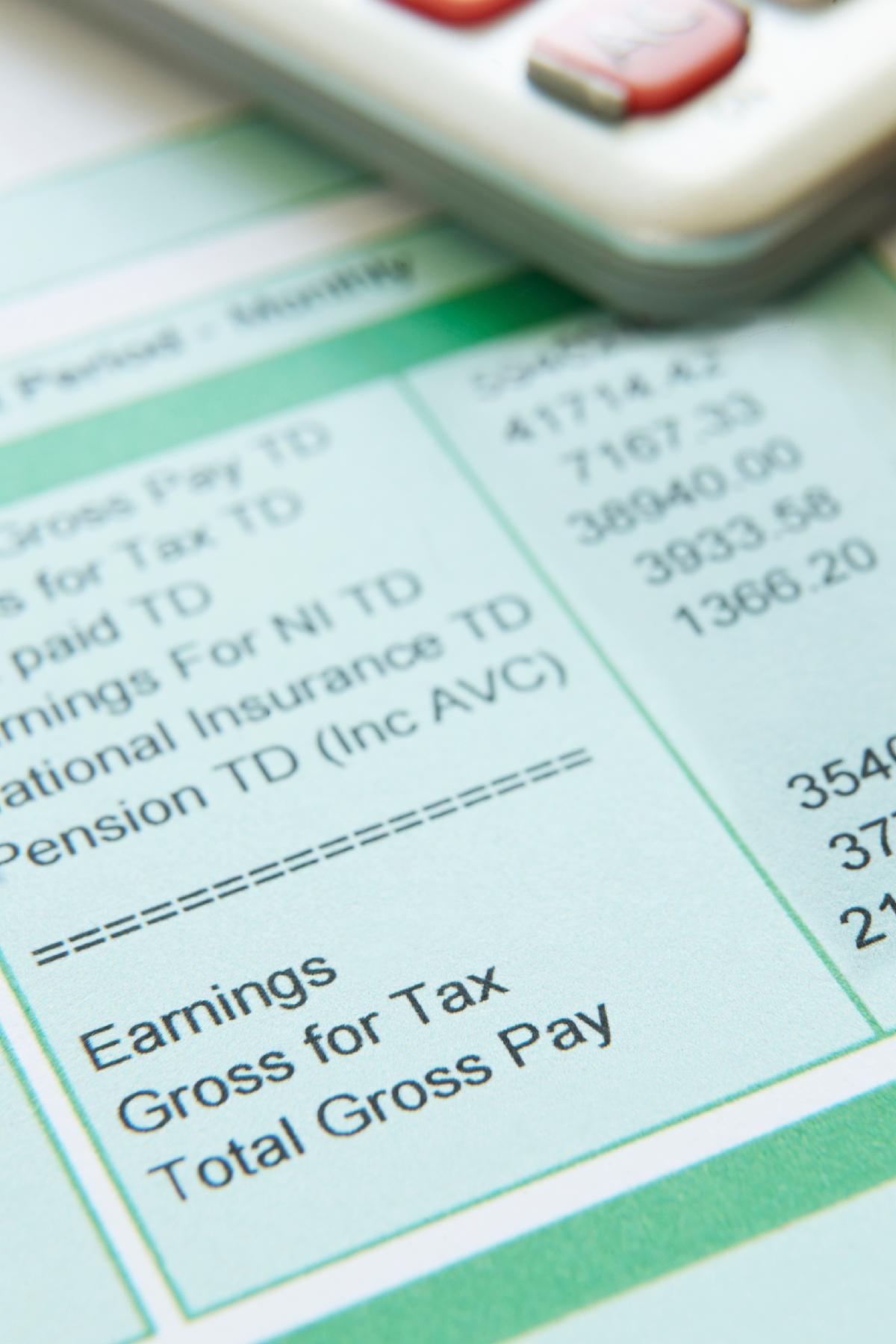
It happened this past April 2019. Many Americans experienced an unpleasant surprise after filing their 2018 federal income taxes. Expecting a refund just as they had for years, many were upset to learn that they owed the IRS. The cause? The impact of the new paycheck withholding formulas created by the 2017 Tax Cuts and Jobs Act, which unintentionally created a lot of confusion.
As a new year of work gets underway, it’s a good time to make sure you and your employees are clear on how recent tax law changes are affecting withholdings from their paychecks. Encouraging your employees to perform a paycheck checkup, and completing a new W-4 if they need to make changes, is an office-wide resolution you can set for the team.
Have YOU Been Surprised? You’re Not Alone.
The IRS has seen an increasing number of taxpayers experiencing tax penalties. The number of people who paid a penalty jumped from 7.2 million in 2010 to 10 million in 2015. Then this past year, another spike occurred as many were unprepared for the effects of the 2017 Tax Cuts and Jobs Act.
Among the many changes, the Act changed the guidelines that help employers determine how much to withhold from workers’ paychecks. Normally we pay most of our taxes during the year, and the withholdings are spread out across twelve months. If the new withholding formula provided more take-home pay in a paycheck, but less in payments towards their share of taxes, employees were left making up the difference at tax time.
Triggers That Signal a Need to Review
If your employees want to avoid potential tax penalties come April, they may need to change their withholdings. Here are a few of the triggers:
- As noted above, the overhaul created by the federal 2017 Tax Cuts and Jobs Act brought new withholding formulas. If your employees are still unsure of the correlation between the new withholdings and whether they will owe money at tax time, they should review their options.
- A trigger that existed before the 2017 law, and still applies today, is a major life change, such as marriage, divorce, and children.
- Additional triggers include anyone who is working a second job, running a side business, or receiving any other income. If they are not taking into account what taxes they will owe on this income, they should review withholdings.
Performing a Paycheck Checkup
Available online and free to use, the federal tax withholding estimator performs a paycheck checkup to help employees make sure they have the right amount withheld from their paychecks so they won’t be surprised at tax time.
The estimator helps by:
- Protecting against an unexpected tax bill or penalty because you had too little withheld from your paycheck.
- Allowing you to receive more in your paycheck during the year, but preparing you for a smaller refund or no refund at tax time.
Do you have questions about withholding formulas? Concerned about your 2019 tax bill? Brigade can help. We want all of our clients to feel informed and confident about their W-4 choices. Our team can also provide strategies to help you prepare for what might be owed. Contact us today if you have any questions!
Additional sources:
Pay As You Go, So You Won’t Owe: A Guide to Withholding, Estimated Taxes, and Ways to Avoid the Estimated Tax Penalty
Is a Tax Refund Ahead in Your 2019? Some Taxpayers Received a Tax Bill Instead
Leave a Reply